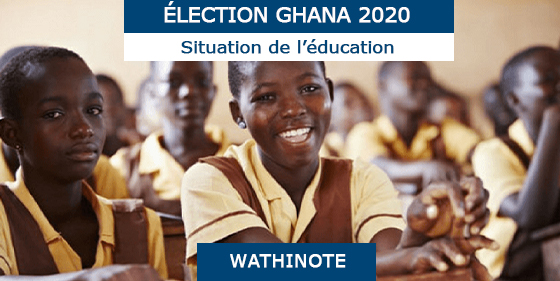

Author: Ministry Of Education
Publication Type: report
Date of publication: 2015
Introduction
Despite overall increases in school participation over the past three decades, some groups of children continue to be left behind. The Dakar Framework for Action acknowledges the major education conferences throughout the 1990s, such as the Salamanca World Conference on Special Needs Education (1994 Salamanca, Spain), and urges the international community to continue working on achieving the goals set (Dakar Framework for Action, Para 4.).
The “Expanded Commentary on the Dakar Framework for Action’ describes the broad vision of “Education for All” which needs to be adopted in order to achieve the Dakar Framework for Action goals. The vision places a special emphasis on those learners who are the most vulnerable to marginalization and exclusion and identifies Inclusive Education as one of the key strategies to address the question of marginalization and exclusion.
Inclusive education guarantees a learning environment, which is barrier free and enables all learners including those with disabilities to move about safely and freely, use facilities and participate in learning and all aspects of school life.
It is in this vein that the Ghana Government recently endorsed an Inclusive Education Policy drafted jointly by several stakeholders involved in the provision of Education in Ghana
The Salamanca Statement (1994) also stressed the importance of inclusive education, calling on governments to “give the highest policy and budgetary priority to enable them to include all children regardless of individual differences or difficulties” and “to adopt as a matter of law or policy the principle of inclusive education”.
It is in this vein that the Ghana Government recently endorsed an Inclusive Education Policy drafted jointly by several stakeholders involved in the provision of Education in Ghana.
The overarching goal of Ghana’s Inclusive Education (IE) policy is to redefine and recast the delivery and management of educational services to respond to the diverse needs of all learners within the framework of Universal Design for Learning and Child Friendly School Concept.
Ghana’s actions in promoting inclusive approaches in education will aim at:
- Forging a holistic approach to education, which ensures that the concerns of marginalized and excluded groups are incorporated in all education activities, and cooperating to reduce wasteful repetition and fragmentation.
- Making education accessible to and functional for all learners with special educational needs. A safer, easier and friendly environment for all learners benefits everyone.
What are the Standards and Guidelines about?
The standards and guidelines is the reference document that provides assistance and guidance to educational institutions in their provision of minimum access required in various types of school buildings, gadgets, learning equipment and materials, as well as curriculum and pedagogy for the practice of Inclusive Education.
This document endorses the spirit of a barrier free learning environment for all learners in both public and private schools. The fundamental principles, which have been followed in developing the standards/guidelines, are to guarantee standards for safety, convenience, usability and participation of all learners.
Inclusive education standards shall satisfy anyone who is hindered from participating successfully in learning because of obstacles put in their way by the siting of the school, design of buildings, materials, arrangement of out- or inside space, attitude of staff, equipment and materials, as well content of instruction (curriculum) and pedagogy.
These standards/guidelines shall be a valuable document to exchange comments between parents, families, persons with disabilities, educational practitioners and other stakeholders interested in an environment, which does not exclude individuals with disabilities from quality education. The document may also generate research activities to provide required knowledge base to improve provision of quality education for all.
All categories of educational institutions, private and public, early childhood centers, basic, senior and higher education shall adhere to these standards and guidelines. Despite the fact that the standards and guidelines focus exclusively on the requirements of learners with disabilities, learning environments will invariably become more convenient for all learners and persons suffering from any kind of physical and chronic diseases.
Les Wathinotes sont des extraits de publications choisies par WATHI et conformes aux documents originaux. Les rapports utilisés pour l’élaboration des Wathinotes sont sélectionnés par WATHI compte tenu de leur pertinence par rapport au contexte du pays. Toutes les Wathinotes renvoient aux publications originales et intégrales qui ne sont pas hébergées par le site de WATHI, et sont destinées à promouvoir la lecture de ces documents, fruit du travail de recherche d’universitaires et d’experts.
